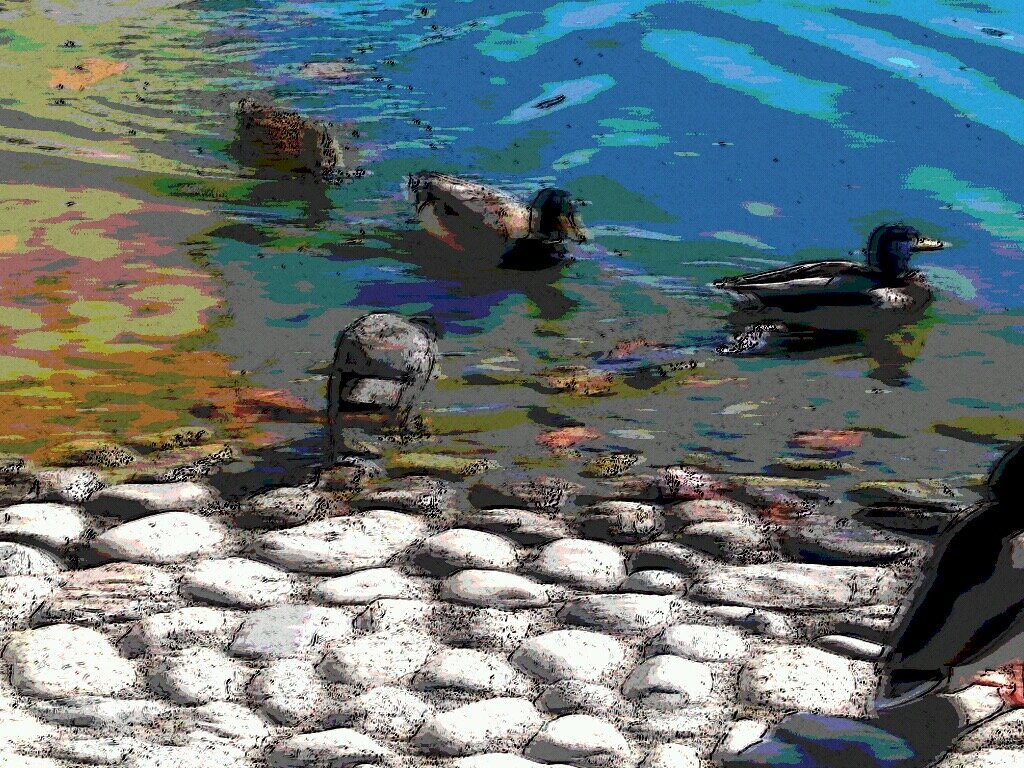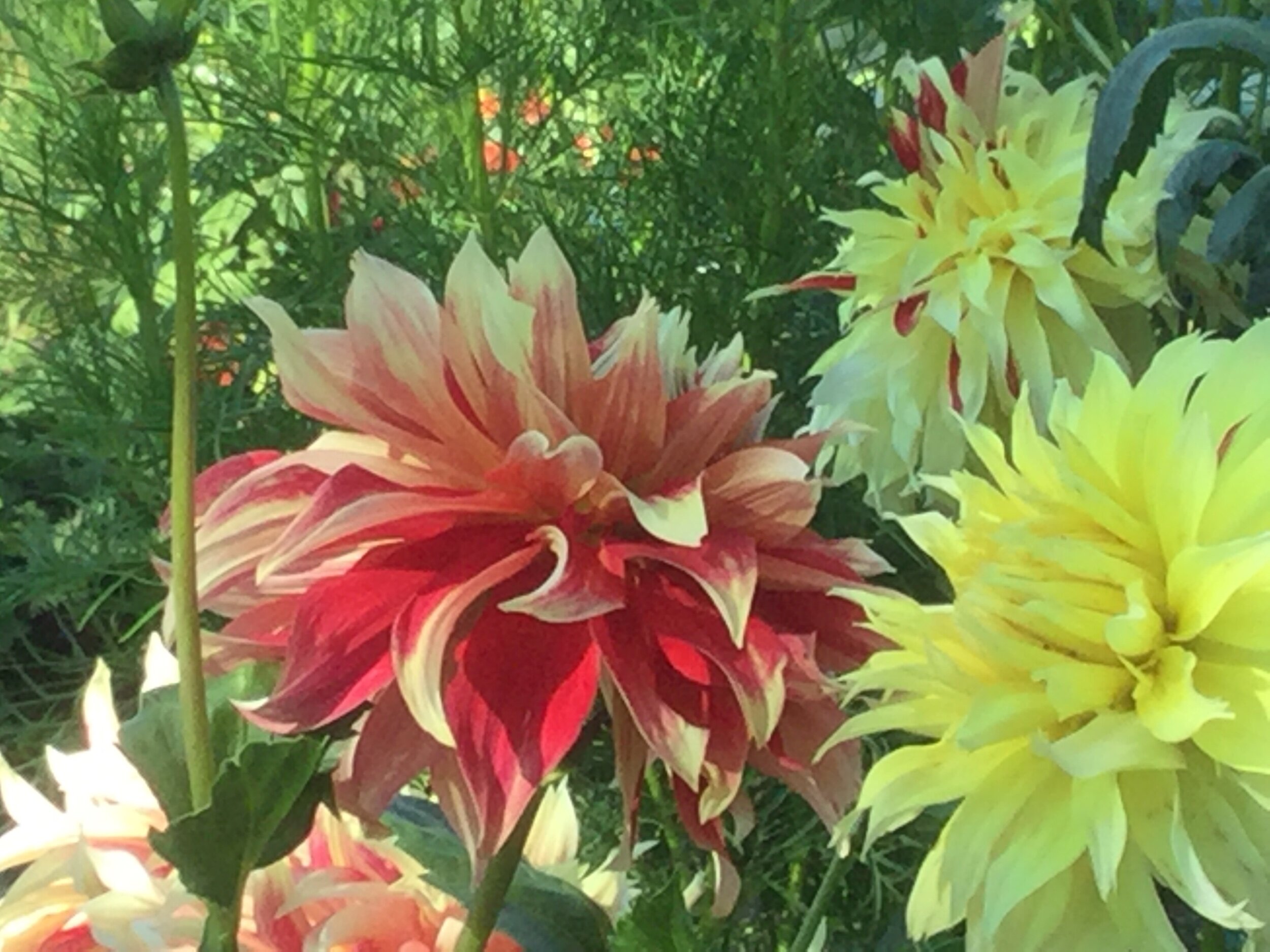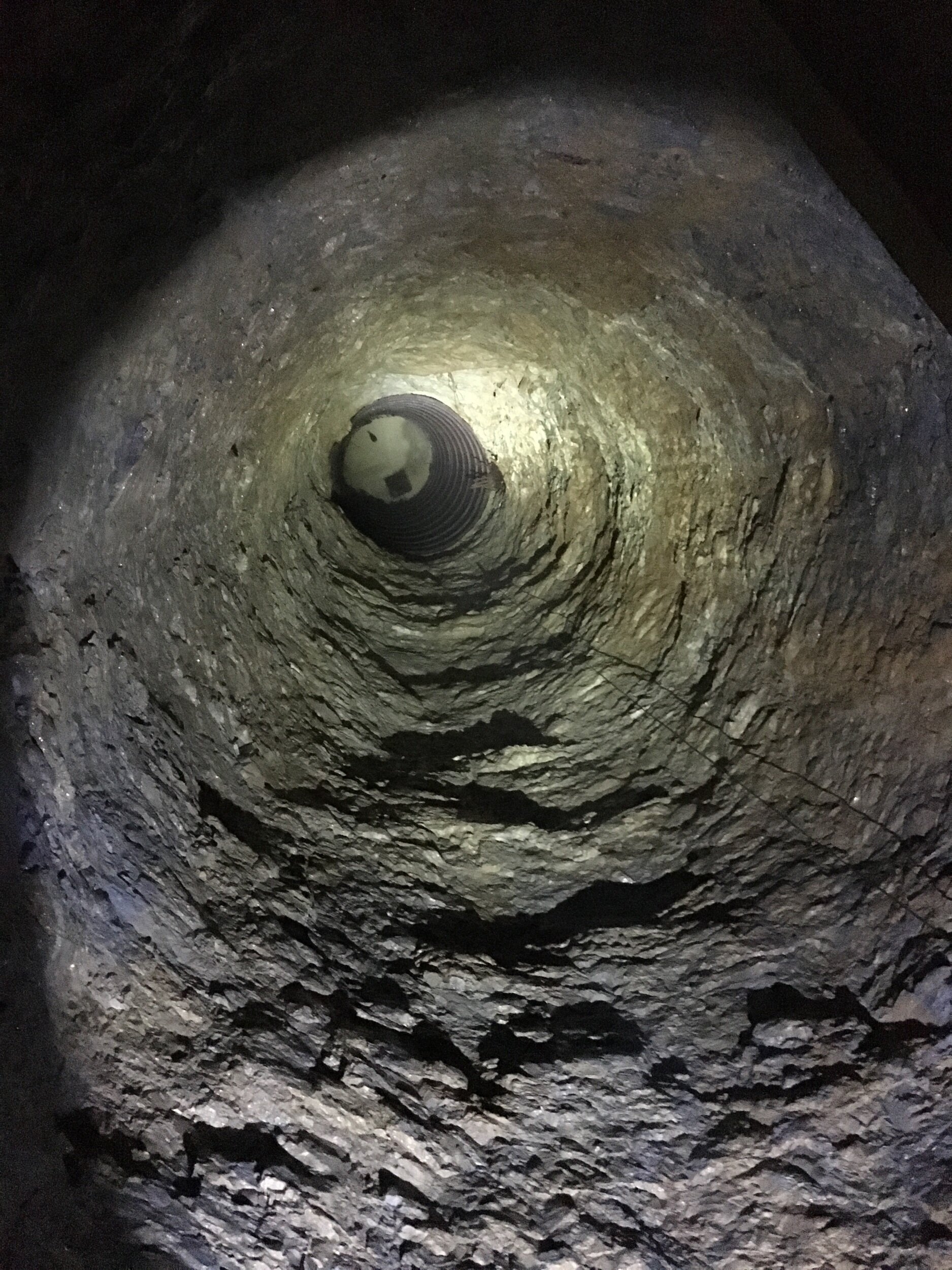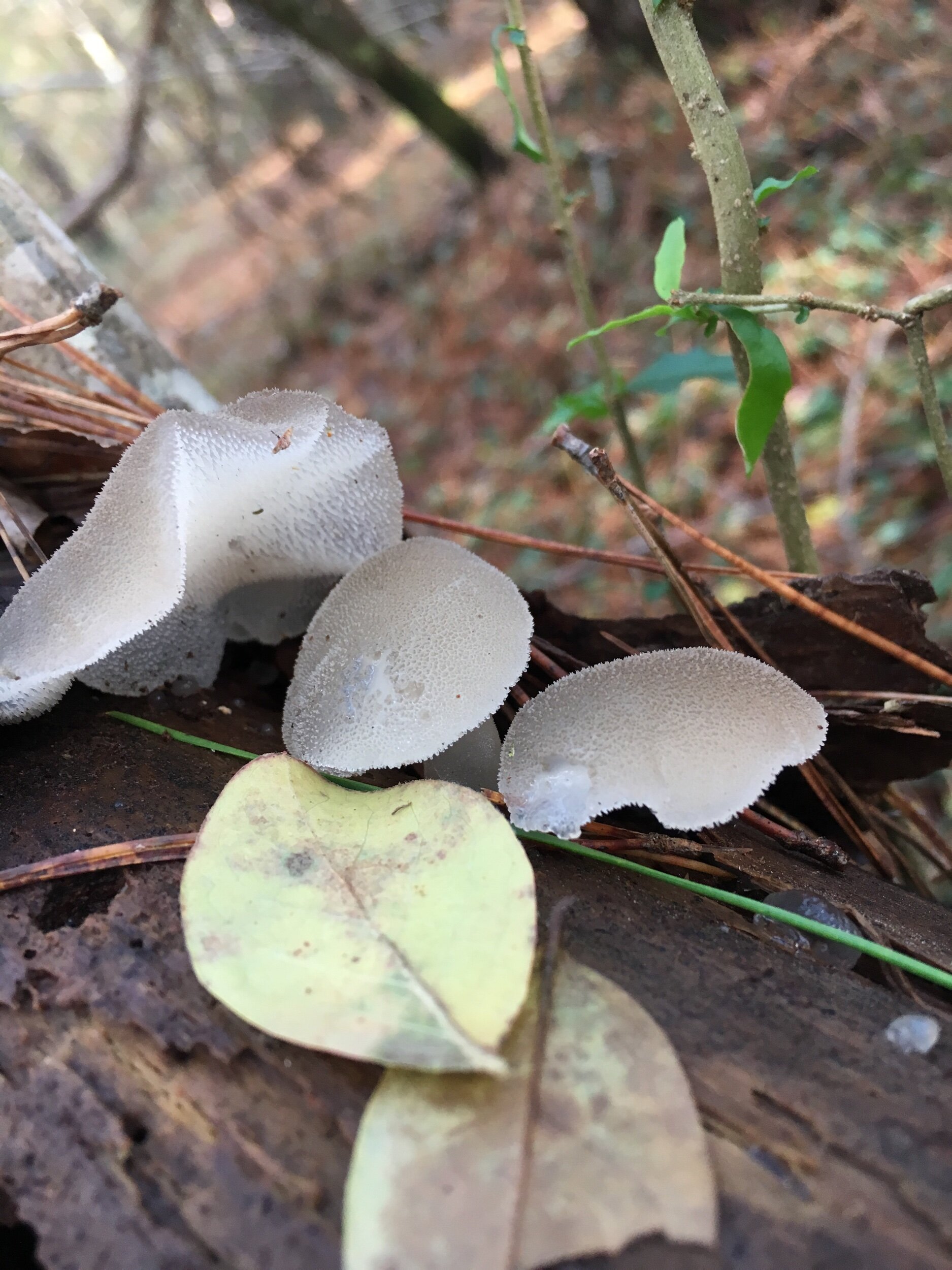Moving in the rain into a house without consistently functional indoor plumbing did not lead to frequent blogging (or anything else) last month, but today begins the April National Poetry Month Writing challenge (NaPoWriMo): writing 30 poems in 30 days.
But the lockdown and the move made me more aware of what our homes mean to us…especially when they become our perpetual living space and our confinement. If you live alone, I hope you are able to connect with loved ones. Likewise, f you are surrounded by loved ones and roommates, I hope you find some solitude.
For the first prompt, people your home with spirits, gods and goddesses. Let them live in your cabinets. What do they want to say to you? What do you say back? For a sample poem, check out “What the Medicine Cabinet Said” by T. J. Anderson III.
The second prompt is for all of the parents of young children and for those who are shifting into full-time playmates and teachers as their children are kept home from school. Set the scene of one of your interactions with your kids—is it a battle over a homework assignment, a repeated request for quiet during a conference call, a plea for some downtime? Make a list of five objects and another of five sounds. Try to incorporate at least three of each into the poem. If this is a recurring event, try to balance the immediacy with a sense of repetition. I particularly love Jenny Factor’s “Battle of Will & Exhaustion, Mother & Child.”
For the final prompt, choose a page from a novel—horror or suspense—and block out words until you find a poem that resonates with how you feel during this time of quarantine, sorrow and uncertainty. This prompt was inspired by this beautiful erasure poem by S. J. Sloat.
For more poems and illustrations, check out poet’s blog and upcoming book.


















































